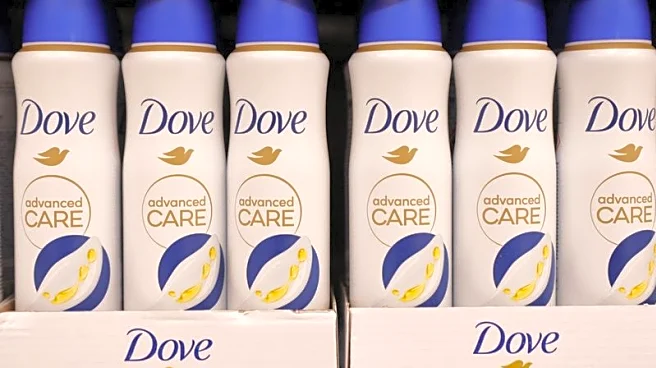Rapid Read • 9 min read
Boeing has announced plans to commence production of its 737 MAX 10 jetliner at the Everett plant, contingent upon receiving certification from the Federal Aviation Administration (FAA) in 2026. This timeline was revealed by Boeing CEO Kelly Ortberg during a company earnings call. The production of the 737 MAX 10, the largest variant of the 737 family, has faced delays due to issues with the plane's deicing system, which the FAA identified as a potential safety risk. The FAA has mandated that Boeing address these issues before certifying the new variants, including the MAX 10 and MAX 7. Despite these challenges, Boeing continues to operate the MAX 8 and 9 models, with modifications to pilot manuals to mitigate risks. The Everett plant, which has excess capacity following the relocation of 787 production and the cessation of 747 production, will host the new production line.
AD
The production of the 737 MAX 10 is crucial for Boeing's financial recovery and strategic growth. The 737 program is Boeing's highest-margin initiative and a significant contributor to its earnings and free cash flow. With over 4,500 back orders for the 737 MAX, the successful production and delivery of these aircraft are vital for Boeing to meet its financial targets and improve its balance sheet. The delays in certification and production have impacted Boeing's financial performance, with the company reporting a net loss despite increased revenue. However, analysts project that Boeing's free cash flow could significantly increase by 2028, contingent on ramping up production to 47 or more jets per month. The Everett plant's new production line is expected to alleviate pressure on the Renton factory, allowing for increased production rates.
Boeing plans to request the FAA to lift the current production cap, which limits the Renton factory to 38 planes per month. The company aims to increase this to 42 jets monthly. The Everett plant's production line will initially operate at a slower pace due to the 737 MAX 10's unique manufacturing requirements. Boeing's focus will be on resolving the deicing system issues to secure FAA certification. The company is also working to deliver its backlog of 737 jets, which is expected to boost its free cash flow significantly by the end of 2025.
The ongoing challenges with the 737 MAX series highlight the complexities of aircraft certification and the critical importance of safety in aviation manufacturing. Boeing's efforts to address the FAA's concerns reflect the broader industry emphasis on rigorous safety standards. The company's ability to navigate these challenges will be pivotal in restoring its reputation and maintaining its competitive position in the global aerospace market.
AD
More Stories You Might Enjoy












